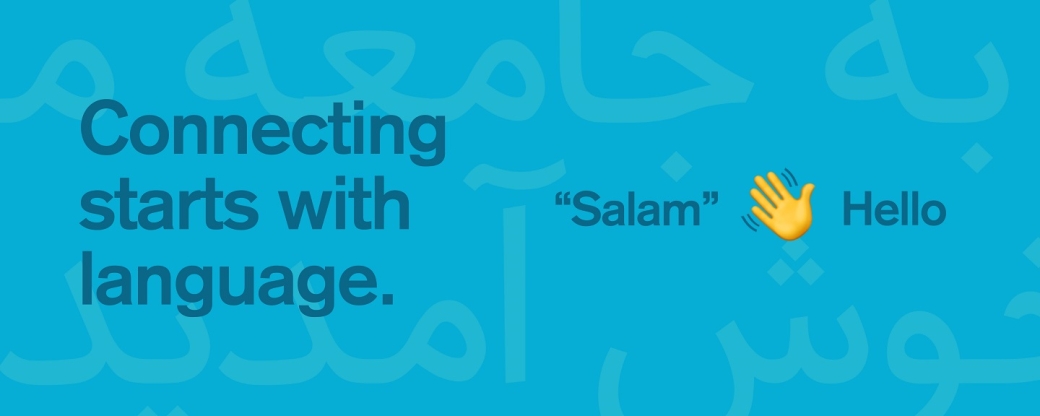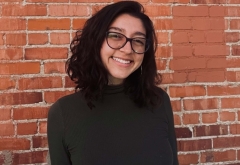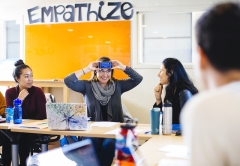Student and Recent Graduates Awarded Highly Competitive Critical Language Scholarships by U.S. State Department
| by Jason Warburg
The U.S. Department of State has awarded one current Middlebury Institute student and two recent graduates Critical Language Scholarships for the study of languages considered vital to national security and economic prosperity.




